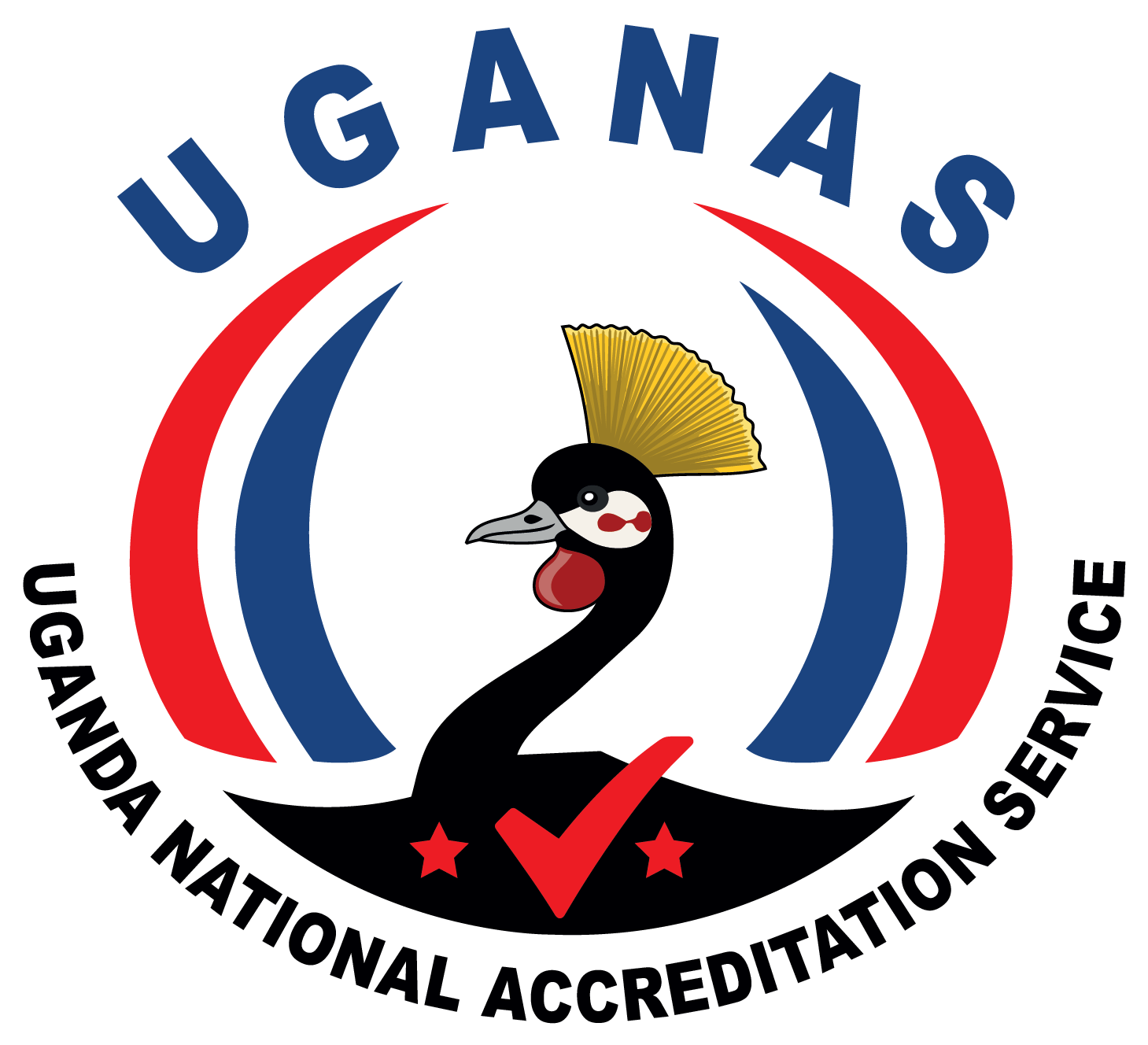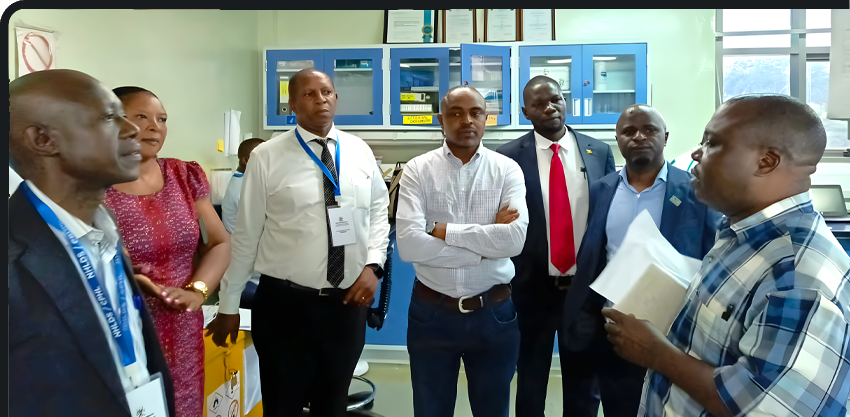

Honourable Francis Mwebesa
Minister of Trade, Industry
and Cooperatives
The global value chains and trade have a huge impact on national economies, particularly through the exchange of goods and services across international borders or territories. International trade represents a large share of the gross domestic product of most countries. Supporting the continued movement of capital, goods, and services between countries is therefore of huge importance not only to the health and wellbeing of individuals but also to the economic health of entire nations around the globe.
Accreditation plays a crucial role in facilitating world trade by ensuring that products and services meet international standards and requirements. It provides confidence to both businesses and governments that the goods they are purchasing or trading comply with accepted norms. The provision of conformity assessment services establishes a framework for mutual recognition of results, reducing trade barriers and promoting fair competition. This is because accreditation enhances trust, supports consumer protection, and eliminates the need for repetitive testing and certification, which can negatively affect national economic development if not addressed.
In order to effectively participate in global trade and promote regional integration within the East African Community and the African Continental Free Trade Area, it is crucial that Uganda strengthens its national accreditation framework to support greater market access. Accreditation also enables the government to seek competent and professional bodies that can provide trusted conformity assessment services.
It is therefore important to have a strategy, a plan, and a clearly defined position that articulates the roadmap and priorities for the provision of national accreditation services in accordance with international best practices. This Strategic Implementation Plan represents that commitment and vision.



